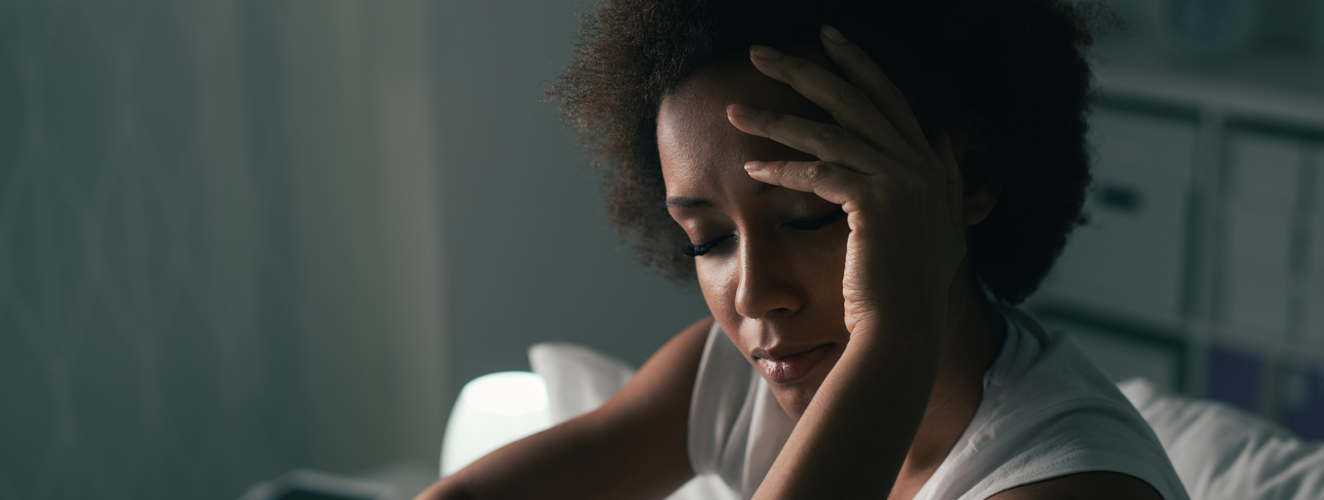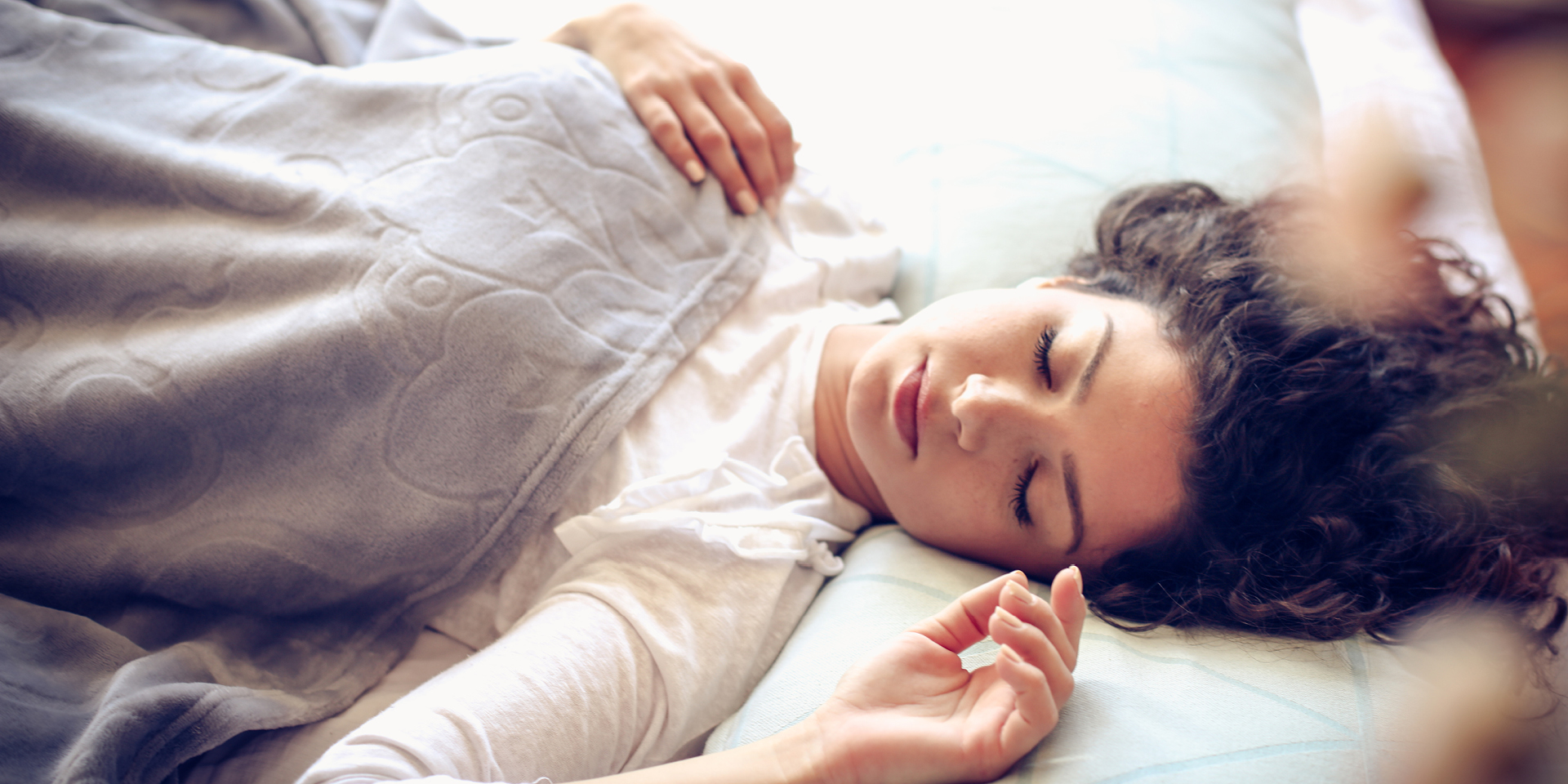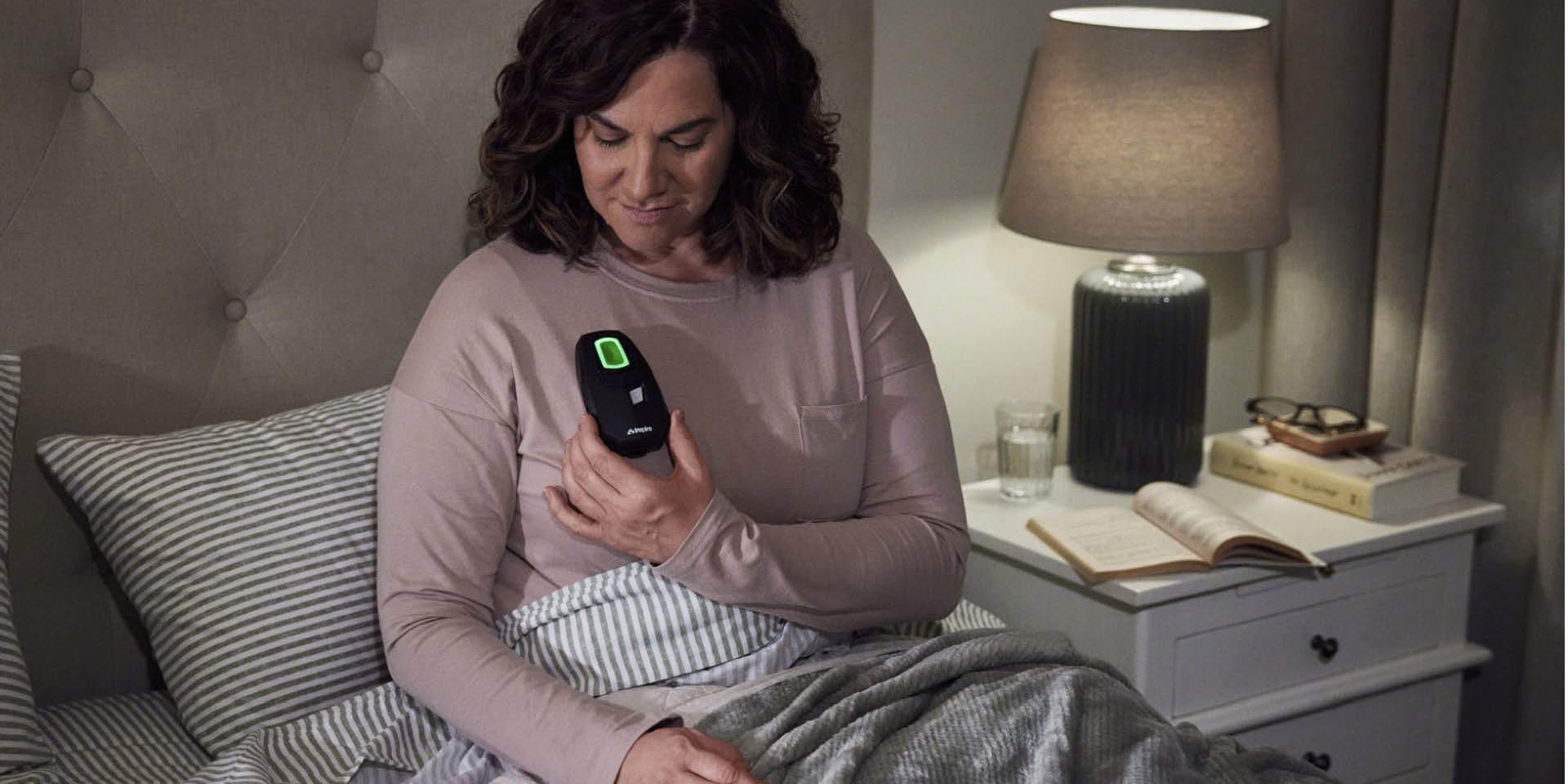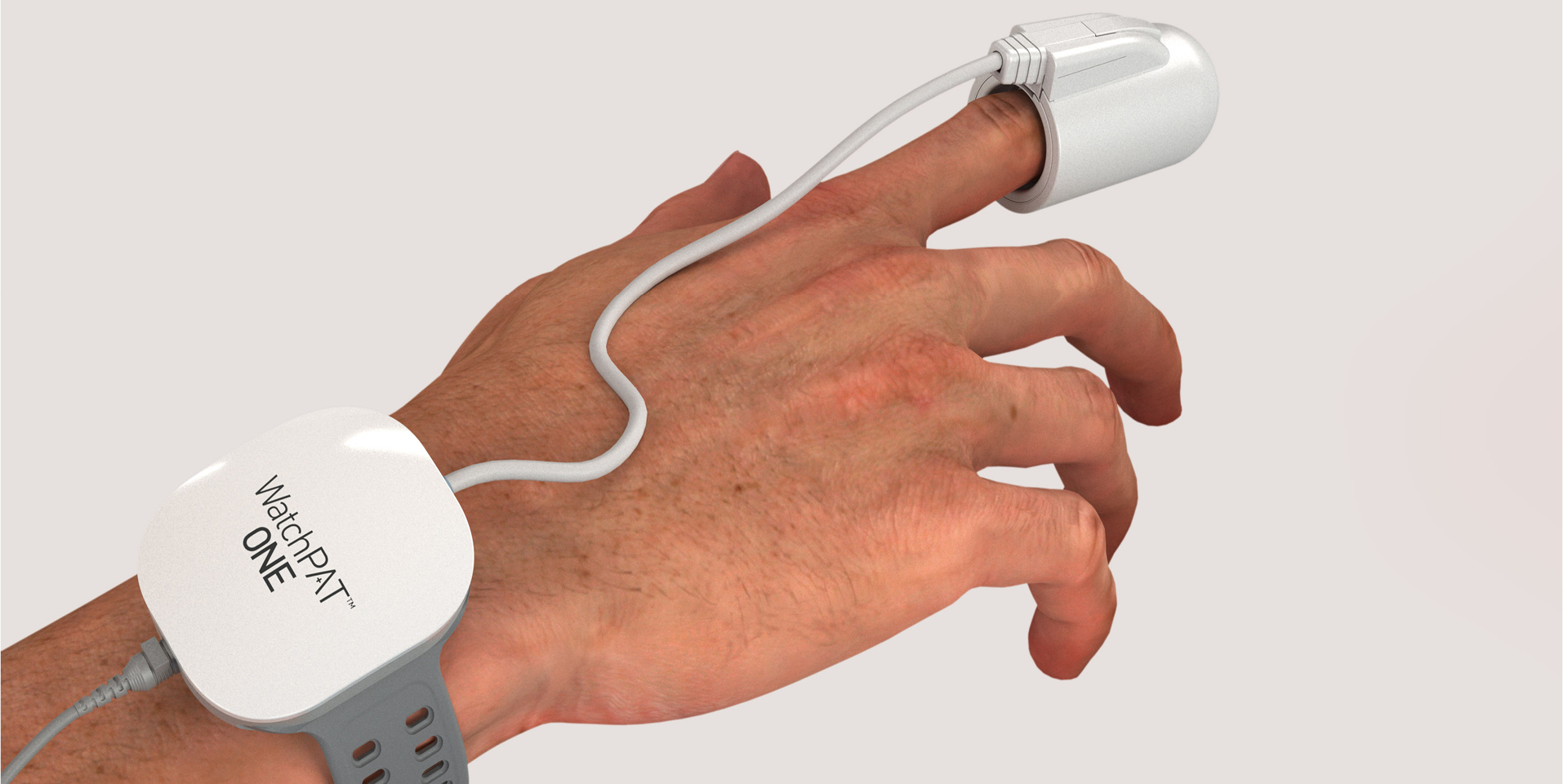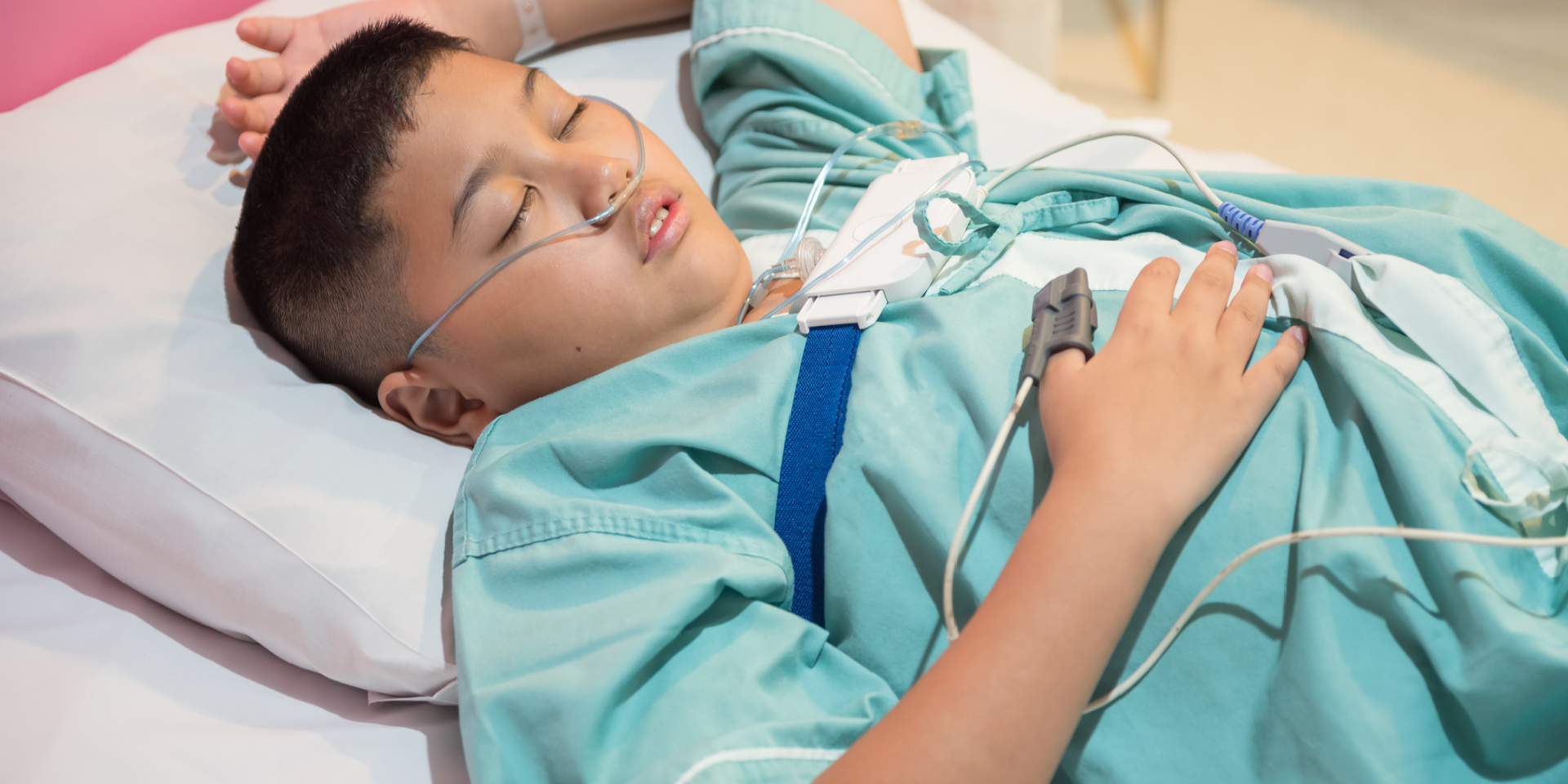Sleep Center
Accredited by the American Academy of Sleep Medicine to ensure the highest quality of care, our Sleep Center provides a full range of diagnostic and therapeutic options for patients experiencing sleep disorders.
A sleep disorder — a disruption or disturbance in getting a good night's sleep — can affect your overall health and safety, as well as your quality of life.
Our Sleep Center is a one-stop shop if you or your child are experiencing a sleep disorder. Our team provides an evaluation, diagnosis, treatment, and management plan for sleep disorders, for patients ages 2 and older.
Our certified team of sleep specialists provides sleep studies using intricate sleep laboratories. We offer home testing, including an option you can receive in the mail. We also provide treatment options for a variety of sleep disorders, including complex treatment for sleep apnea.
